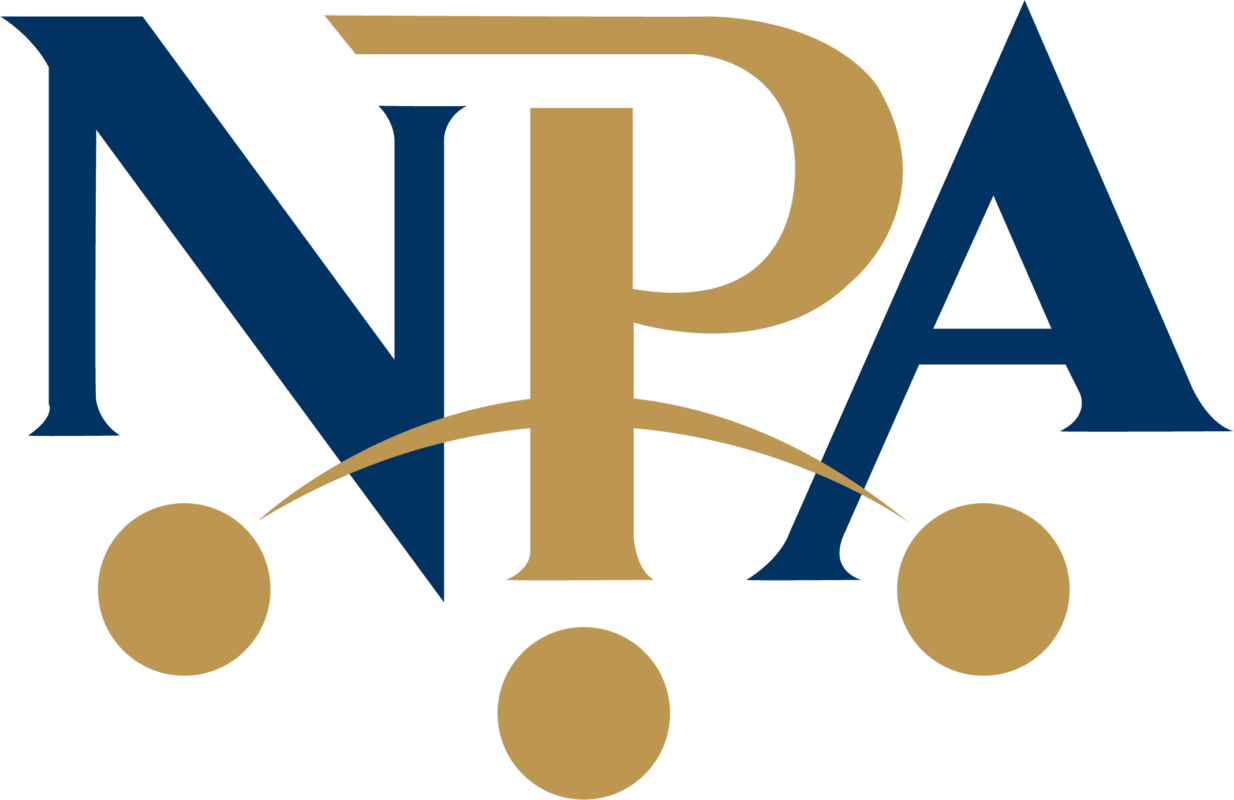
35 Years and Counting!
How Did it All Begin?
IN 1985, Miley O’Neal, owner of the Happy Hocker Pawnshop in Florida, started thinking about creating and bringing an association for pawnbrokers to life. As Miley stated for the Sun-Sentinel that year, “I envision starting an association of Florida pawnbrokers with standards and ethical codes,” and he did just that.
Miley built the Florida Association, and a few years later, he saw the need to band together as a nationwide industry to make sure necessary legislative protections were in place for the industry. Miley decided to host a small convention, which brought together roughly ten vendors and 200 attendees. He also invited select members and Officers of a few other state associations, according to Dave Adelman, who was there on the hot Florida night.
a few years later, he saw the need to band together as a nationwide industry to make sure necessary legislative protections were in place for the industry. Miley decided to host a small convention, which brought together roughly ten vendors and 200 attendees. He also invited select members and Officers of a few other state associations, according to Dave Adelman, who was there on the hot Florida night.
This core group, many of whom went on to assume leadership positions in the new organization, envisioned the first national organization for pawnbrokers – The National Pawnbrokers Association. These founding individuals instituted a Board of Directors and elected the first NPA President. Their first and foremost objective was to unite the industry and present a united front in Washington, D.C. Today, their vision still holds true and the NPA continues to educate lawmakers on the positive aspects of pawn. Miley was steadfast in his desire to educate lawmakers about the positive aspects of pawn. “Some pawn shops have a very poor reputation,” Miley said. “I want to revolutionize that. We will change the image of pawn stores forever,” said Miley at the time.
The First President - Louise Seawright
LONG BEFORE LOUISE SEAWRIGHT GOT THE CALL FROM MILEY O’NEAL to head down to Florida to talk about a national association, she was fighting for pawn in her own state of Tennessee. In 1983, Louise set out to change the antiquated pawn laws in her state. At this time, Louise wasn’t just making a few phone calls. Louise set out to visit as many pawnshops as they could. These grassroots actions by two determined pawnbrokers modernized the way pawn laws were written, and they didn’t stop with Tennessee. Word had spread beyond Tennessee to other states who called Louise for help. Starting with Kentucky, 14 states used the new Tennessee statues to upgrade their own state laws.
How did Louise become the first NPA President?
“Miley called. He heard what I had been  doing and invited me to the Florida meeting,” says Louise. “I thought I would be on a committee or something, but ended up as President of the NPA.” One newly elected board member came out of the election and told Louise’s husband Jimmy, “We just elected your wife as President.” Louise walked right out to face reporters and readily admits, “I was in shock.”
doing and invited me to the Florida meeting,” says Louise. “I thought I would be on a committee or something, but ended up as President of the NPA.” One newly elected board member came out of the election and told Louise’s husband Jimmy, “We just elected your wife as President.” Louise walked right out to face reporters and readily admits, “I was in shock.”
Once the shock wore off , Louise got busy with even more road trips to visit pawnbrokers. Weeks of travel saw her visit 26 states and sign up 3,000 members. “People were ready to be part of something,” she says. Louise’s core mission was to improve the image of pawn. While travelling the country, she helped colleagues clean up their industry and promote themselves in their communities. “We’re moving to Main Street into well-lit buildings. We are wearing coats and ties,” she said in a 1990 article. Her foundation of fair laws, a
professional pawn image and a feeling of inclusiveness set the tone for the NPA for the next 35 years.
Today, Louise is retired and lives in Nashville, TN. Her children continue her legacy by running pawnshops of their own, including Gayle Ferebee, who has been instrumental in reinvigorating the Tennessee Pawnbrokers Association and serves as its President.
The Future of the NPA
IN 35 YEARS, the original core values of the NPA have not changed. The work of the NPA Board of Directors and Government Relations team still focuses on banding the industry together to provide legislative protections for the industry. Today, the NPA strives to educate lawmakers and the public about pawn and how valuable the services of pawnbrokers are to communities nationwide. Thirty-five years later, every NPA pawnbroker member, every industry partner, every board member and every sta! member is dedicated to continuing the work of those first visionaries whose goal was to build, polish and protect an industry we are proud to be part of.


